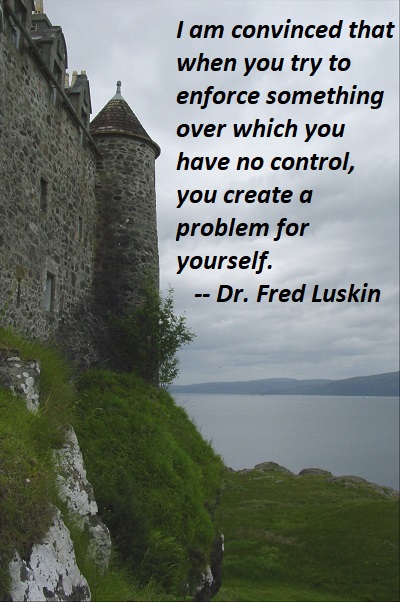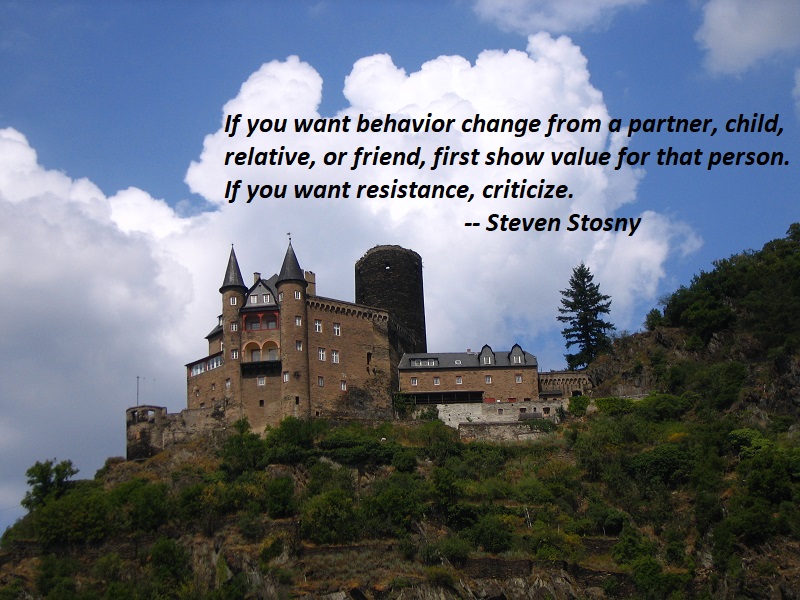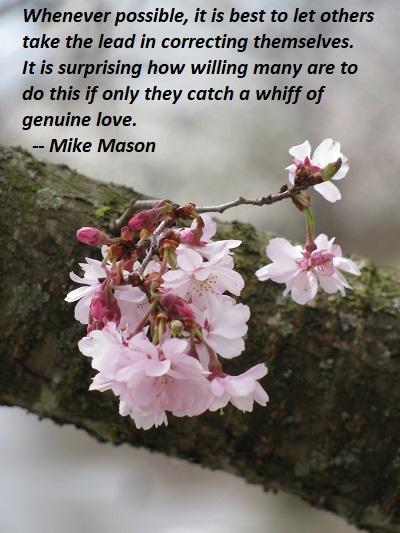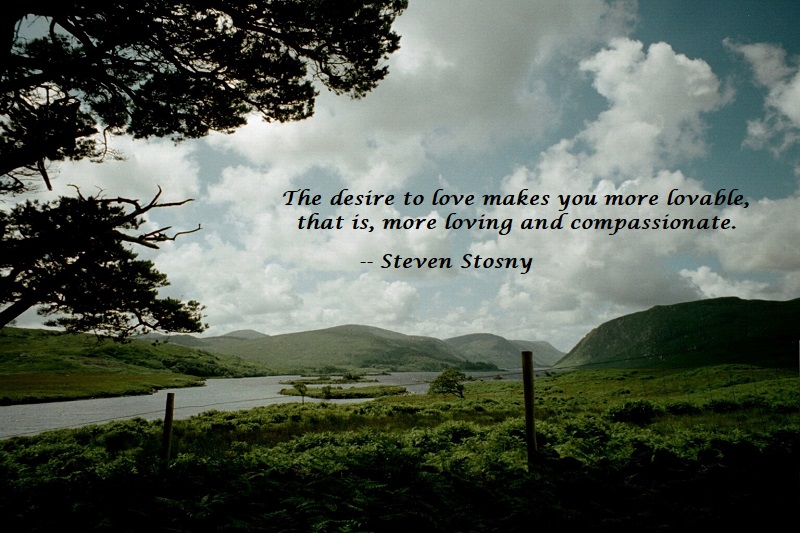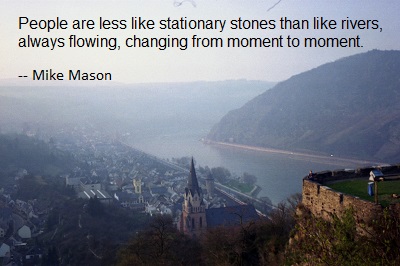Unenforceable Rules
Often when trying to enforce unenforceable rules we write mental tickets to “punish” the one who has acted wrongly. Unfortunately, if our rule is unenforceable, the only person we end up hurting with our ticket is ourselves. We clog up our minds with these tickets. We become frustrated because things do not go the way we want. We become angry because something wrong is happening. We feel helpless because we cannot make things right.
I am convinced that when you try to enforce something over which you have no control, you create a problem for yourself. That problem gets in your way as you try to figure out what is the best thing to do. It is much harder to know what to do when you are angry, frustrated, and helpless. Making a good decision is tough when you are constantly writing tickets and there is no one to give them to….
We have as much chance of enforcing our unenforceable rules as of getting blood out of a stone. Think for a minute about why trying to do so makes our lives so hard. Have you ever tried to force someone to do something they did not want to do? How successful were you? Have you ever tried to get what you needed from a person who did not want to help? How successful was that? Have you ever demanded your spouse or partner be nicer to you? Were you successful? Have you ever gotten mad at yourself for making a mistake? Did getting mad help? Ever demanded your boss treat you better? Did this change your boss’s behavior? Each of these normal desires is an example of trying to enforce an unenforceable rule. Trying to change what cannot be changed or influence those who do not want to be influenced will meet with failure and cause us emotional distress.
— Dr. Fred Luskin, Forgive for Good, p. 49
[Photo: Duart Castle, Isle of Mull, Scotland, July 12, 2003]
